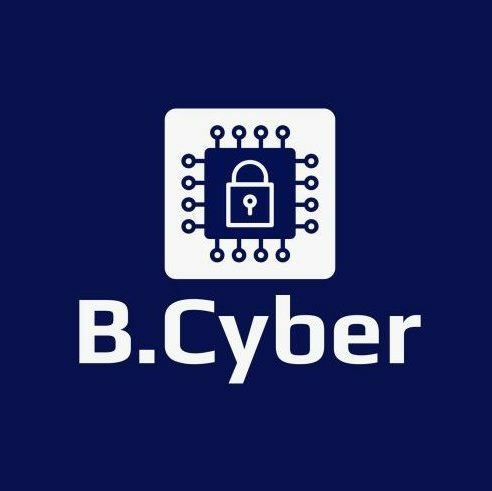
Do you need a VPN?
VPNs (Virtual Private Networks) are mostly used in corporate settings to avoid spending on creating a private protected network, but lately many private consumers have been adopting these tools to secure their connections. The question is: do you really need one?
How does a VPN work?
When connecting to a public network, such as a WI-FI in a café, it is important to keep in mind that malicious actors might capture your data and exploit them. Sniffing is a practice that involves intercepting and storing data packets that your computer routinely sends and receives to and from the network, for fraudulent or monitoring purposes.
VPNs create a virtual or logical “tunnel” through an IP network, exploiting the TCP/IP (Transmission Control Protocol, that regulates how packets travel between different machines) stack.
Types of VPNs:
VPNs can use full tunneling or split tunneling: with full tunneling, all packets sent from the computer go through a secure connection. This is what is typically used by businesses, but it causes packet duplication, it is more expensive, and implements a single point of control.
Split tunneling, instead, involves sending only selected packets through the private connection, and each computer becomes a possible point of attack.
What you can do with a VPN:
VPNs have gained their widespread adoption also thanks to influencers advertising how they can be used to access content you normally would not be able to. This is necessary due to copyright issues, which prevents you from accessing content that cannot be made available in your region, and it is referred to as geo-fencing.
A VPN lets you rely upon a different server compared to the one you would normally use. This is legal, but it may be frowned upon by service providers.
VPNs used to be advertised to be used with Netflix as well, but things have changed: Netflix will likely not ban you from the site because of you using a VPN, but it might display an error.
Netflix can detect that you are using a VPN and can prevent you from accessing content you are not allowed to because of the copyright restrictions in your country. Thus, companies such as ExpressVPN and NordVPN, have been advertising their ability to circumvent this ban. The effectiveness of these services is not always proven and will likely decrease as platforms continue their struggle to restrict access to their content.
In conclusion, if you were planning to use a VPN to watch Harry Potter on Netflix France, you might want to reconsider. Of course, you should still be careful when you access public WI-FIs, and avoid accessing sensitive services such as your bank, or even just your Facebook.
VPNs, instead, are crucial in business settings, as they allow you to access company resources that would otherwise be protected by firewalls, allowing you to work from home or anywhere in the world.
Chiara Gasparrini
